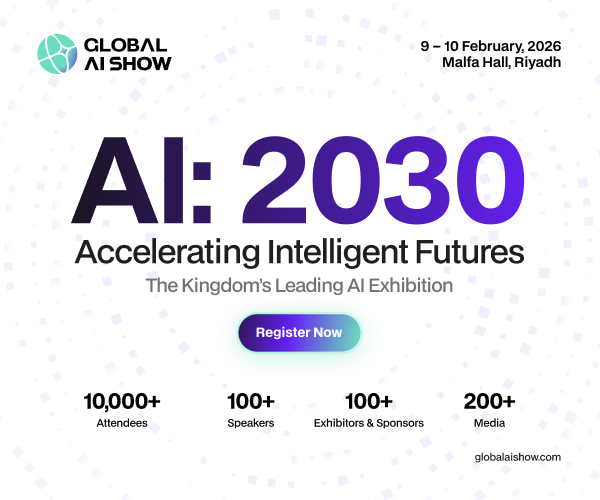
- In a groundbreaking revelation, AWS CEO Matt Garman shared insights into the transformative power of generative AI during a recent interview.
- Highlighting the technology’s unprecedented potential, Garman emphasized its role in the creation of entirely new molecules and proteins—developments that could pave the way for groundbreaking treatments, including potential cures for cancer.
- As the possibilities of generative AI unfold, the world stands on the brink of a new era in healthcare innovation, with AI-driven discoveries leading the charge toward life-saving medical advancements.
Generative AI, as Garman put it, is over-and-above being just a vague term; it stands tall in delivering hope in healthcare. The other way this might be seen is also driving new medical innovations. There is some change towards thinking about these technologies beyond conventional AI data processing and automation approaches. Garman, however, highlights a much more exciting aspect: the requirements to construct new and unique molecules and proteins. This discovery is paving the way to treating diseases that have long afflicted humanity, including cancer, among other diseases.
The use of generative AI in the medical domain is highly resonant. It would be particularly emphasized on the rationale, as a conventional way to discover a new drug tends to be time-consuming and expensive in almost all cases as the search is constrained by available knowledge of molecular architecture. They do not offer the required scope; generative AI, on the other hand, is a true game changer. Using compilations of data and complex models, AI has the potential to design molecules that are effective against cancer and other diseases in a way that has never been possible.
This isn’t fiction; it is a tangible timeline development. Even now, most drug manufacturers are collaborating with tech providers like AWS to utilize the full potential of this science, thus lowering the time for developing and evaluating new remedies. This is where the immeasurable possibilities could be realized. Where the length of time needed to create a new drug is drastically reduced from decades to just several years. Imagine treatment based on the precise genetic characteristics altered for the individual patient’s tumor – this was once the dream of the future.
Garman’s insight exposes a broader end-of-the-window trend involving the integration of technology and the provision of health services. It’s no longer the only pursuit of effectiveness; AI also offers insight into the discovery process. This transition is especially noticeable in the context of oncology, where the heterogeneity of cancer has hindered progress for ages. The emerging trends in generative AI mean that cancer becomes not just an ailment to handle slowly but a problem that can be eradicated. Rather than simply attempting to control or contain the disease, scientists have now begun investigating opportunities for its complete eradication.
The prospects of this evolution are nonetheless constrained by its complications. Work on new medicine’s AI-constructed molecules should always undergo a lengthy testing cycle for safety and effectiveness. In terms of governance, the situation needs to be re-adjusted to fit the global situation, and health systems are starting to be more focused on regulations and frameworks that would facilitate the faster, without unnecessary risk, delivery of such improvements to patients.
ReadMore:People React on X to Pavel Durov’s Arrest: Is Telegram’s Future at Risk?
It is worth mentioning that the positive development is just on its way. The healthcare system is ready for changes, and these changes will be brought by generative AI. The perspective of practicing medicine targeting diseases like cancer is no longer a matter of fiction but a goal actively pursued by scientists today. In a few years, a radical change in the architecture of molecular medicine is likely to take place, and the brain-computer interface will turn from ordinary people into a medical tool – AI.
To sum up, the futuristic perspectives presented by Matt Garman related to the capabilities of generative AI, in particular, the possibilities of a synthesis of biology and technology in solving some of the significant health problems of our time. As we are at the threshold of a new age in medicine, the opportunities jam-packed are both limitless and inspiring. Generative AI could as well be the missing link that can finally pave the way for the cure of diseases that have been present for longer than necessary, leading to a whole new era in the field of healthcare delivery.











